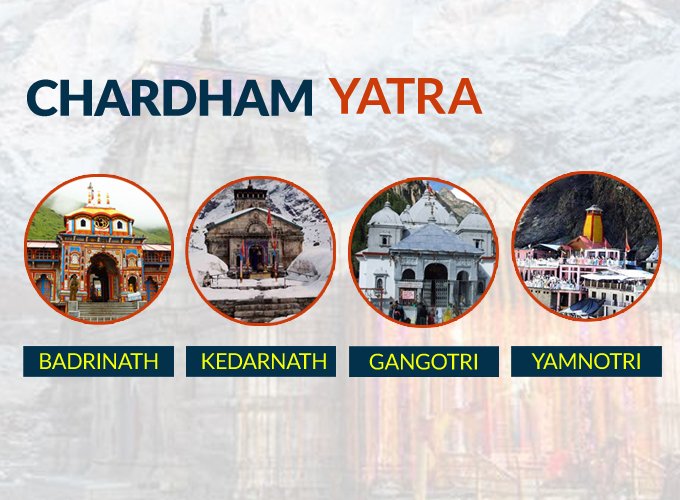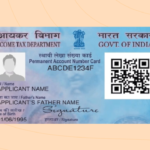Ensuring compliance in starting a business is as critical as developing a unique product, attracting customers, marketing the product, hiring manpower, and more. For instance, various terms related to income tax such as TAN and TIN and others like DIN and DSC are common to come across throughout a year while starting and running a venture. Knowing about such financial jargons would prove to be handy in making sure the business is legally compliant. Read on for a layman’s understanding of these important acronyms:�
TAN or Tax Deduction and Collection Account Number in the simplest definition is a unique 10-digit alphanumeric number issued by the income tax department to people responsible for deducting tax at source (TDS) or collecting tax at source (TCS) under section 203A of the Income Tax act. It is quoted in all TDS and TCS returns and challans for payment of TDS and TCS.
TDS is essentially aimed at collecting tax at source of income by the government. For instance, an employer deducts the TDS from the employee’s salary based on his/her net taxable salary and deposits it into the income tax department. Likewise, it is deducted on rent, brokerage, commission, rent, and more.
TCS is a certain tax amount added to the sale price of specified goods such as liquor, motor vehicle exceeding Rs 10 lakh, minerals like ignite and coal, forest produce, jewellery more than Rs 5 lakh, etc. The amount is collected by the seller of such goods from buyers and paid as tax to the government.�
Failure to have a TAN can attract a penalty of Rs 10,000. The fee for a TAN application is Rs 65 (Rs 55 application charge and 18 per cent GST).
DIN or Director Identification Number is a unique identification number allotted to an individual who is appointed as a director of a company. A person looking to become a director in an existing company has to file form DIR-3. The form has to be digitally signed by the applicant and verified digitally by the company secretary of the company or by the managing director or director or CEO or CFO of the company in which the applicant wants to be the director.
On the other hand, to become a director in a new company, the person has to apply for DIN through SPICe eform at the time of incorporation of the company. SPICe stands for Simplified Proforma for Incorporating a Company Electronically and as the name suggests is used for registering a company.�
Since DIN is specific to a person, there is no requirement for a separate DIN if the person is a director in multiple companies. DIN is required while filing returns or any information about the company shared under legal guidelines. The application fee for DIN is Rs 500.

Digital Signature
DSC�is a Digital Signature Certificate or simply the digital copy of a physical or paper certificate and serves as proof of identity of a person for a certain purpose, for instance, a driving license identifies a person who is eligible to drive in a country legally.
Similar to how handwritten signatures are used to verify physical documents, DSCs act like digital signatures to validate digital transactions such as incorporating a company, online filing of income tax return, filing of annual returns, e-tenders and more. Digitally signing documents also becomes important with the growing use of various e-forms for different purposes.�
According to the corporate affairs ministry’s FAQs on DSC, Class 2 DSCs are required by enterprises to verify a person against a trusted, pre-verified database while Class 3 DSCs require the person to present himself or herself in front of a Registration Authority (RA) and prove his/ her identity.
In contrast, Class 1 DSCs only verify the name and email address of the individual. The certifying authorities are authorized to issue a DSC with a validity of one or two years.
TIN was the Tax Identification Number also known as VAT or sales tax number allotted by the commercial tax wing of every state government required for interstate trade or the sale and purchase of goods between states. TIN was replaced by Goods and Services Tax Identification Number (GSTIN) after the implementation of GST in the country.
Enterprises doing interstate transactions are required to have GSTIN in the interstate sale and purchase of goods. GSTIN registration is mandatory for businesses who earlier had TIN or VAT registrations.










Leave a Reply